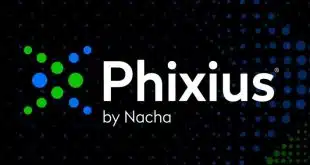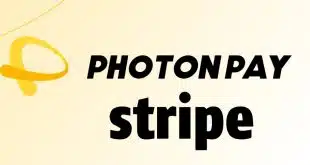Utility companies looking to convert from paper-based billing to electronic payments are continuing to become payment card acceptors, according to the MasterCard Inc. executive who oversees the network's programs for that merchant sector. “We're very pleased with the movement towards card acceptance across utilities of all sizes,” Steve Carnevale, vice president, New Markets and Consumer Bill Pay, tells Digital Transactions News. Carnevale won't disclose MasterCard's total number of utility merchants or the charge volume they generate, but he says the initiative MasterCard launched three years ago is working. “Our rate incentive has helped, no doubt,” he says. MasterCard's so-called Utility Industry Program includes special interchange rates, reduced fees, and other components. Last year the network cut interchange for utilities, insurance companies, and property managers (Digital Transactions News, Feb. 21, 2008). Consumer utility transactions generate 65 cents in interchange on credit cards and 45 cents on debit cards. Most of MasterCard's effort has gone into encouraging utilities to sign up their consumer customers. The network, however, is continuing to tweak utility rates to generate more transactions, and this time the focus is on small and mid-size businesses. Carnevale says MasterCard's October 2009 interchange schedule includes pricing changes that are “going in a direction I believe utility companies would be happy [with].” According to the new schedule that took effect last week and is posted on MasterCard's merchant Web site, MasterCard business cards?the subset of the commercial card family aimed at small businesses?would generate a flat $1.50 in interchange for a utility transaction. Under the April 2009 schedule, business card interchange was 2.37% of the transaction amount. On a $200 utility bill, the change translates into a savings of 68% from the $4.74 in interchange generated under the April schedule. Acquirers, the direct payers of interchange, decide whether to pass such savings on to the their utility clients. Last week, Reliant Energy, an electric and energy-services utility in Texas that is part of Princeton, N.J.-based NRG Energy Inc., said it was working with MasterCard to increase card payments from small and mid-size businesses. The utility has accepted cards since 2001, but until now had targeted its awareness programs for the service at consumers. The pitch to business owners for cards includes less hassle than writing a check, and better record-keeping. “We've offered other electronic payment card options to our customers for some time now, but more and more of our small and mid-size commercial customers have expressed an interest in using a MasterCard, so we have responded by adding it as an additional payment card option,” Elizabeth Killinger, Reliant's vice president of retail operations, said in a statement. Besides incentive pricing, MasterCard supports the utility-recruitment effort by providing training and education for acquirers, independent sales organizations that typically sign small and regional utilities, and some large utilities themselves, according to Carnevale. While he wouldn't name them, he says, “there are several ISOs that look at this category as a real growth opportunity. We provide them with industry-level data and whatever insights we can provide.” Acquirers serving utilities help them determine which transaction mode would work best for their business needs, such as recurring payments charged to a card, online bill pay, phone-based payments, or in-person card payments, for example, Carnevale says. Most utilities would prefer that customers set up recurring payment plans, but so far “the majority of transactions are one-time initiated payments,” he says. Those transactions are coming from biller-direct Web sites or the utilities' telephone-based bill-pay systems, or interactive voice response (IVR) systems. “The same way as with ACH, not everyone is going to be comfortable with recurring pay,” Carnevale says. And while banks' Web sites are gaining share in online bill pay from biller-direct sites, few yet offer card-based bill payments online, he adds.
Check Also
Stripe’s Latest Venture Is a Partnership With Hong Kong’s PhotonPay
Technology from Stripe Inc. will support transactions for PhotonPay, a Hong Kong-based fintech processing online …




